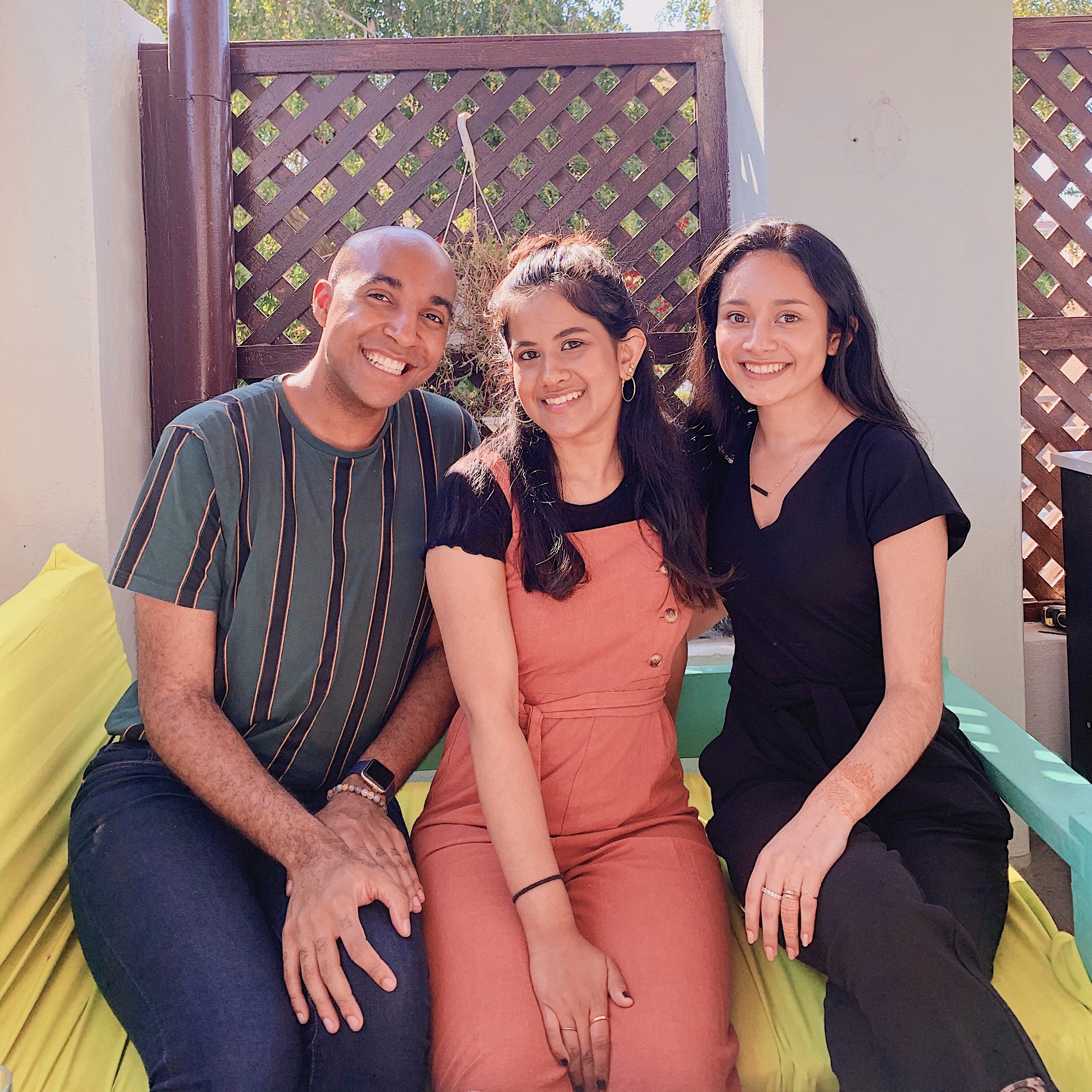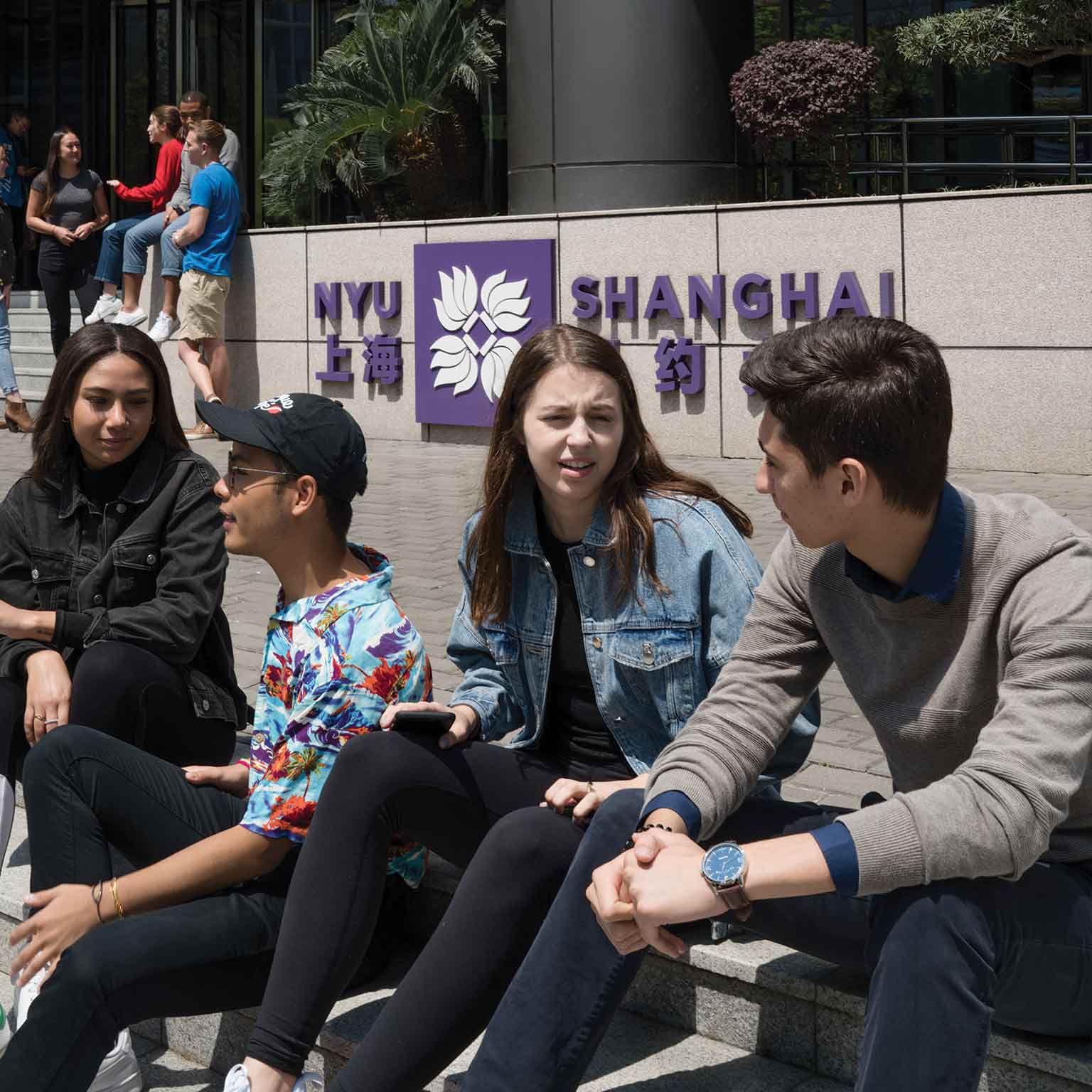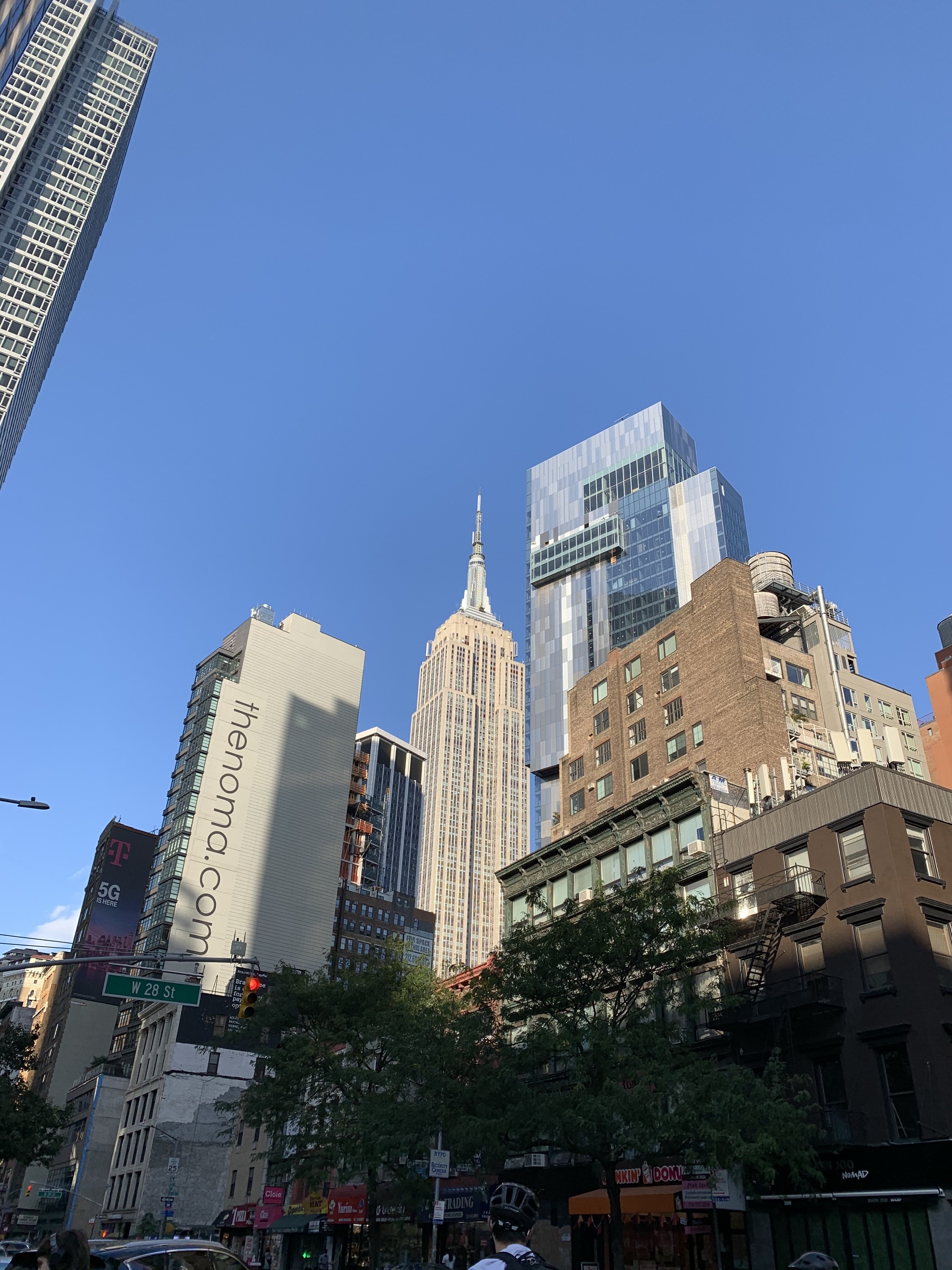In a world that grows more diverse and connected every day, the chance to make a positive impact on a global scale has never been greater. At the NYU College of Arts and Science, the International Relations program helps students who are interested in making a life on the international scene think both critically and globally. Here, they learn to rise to the challenges and opportunities of an increasingly connected world. And with access to extensive course offerings, a network that crosses continents, and an interdisciplinary approach that bridges lessons of the past and possibilities of the future, International Relations majors are uniquely prepared to chart a course anywhere they dream.
Inside the classroom, the program focuses on four major components: politics, economics, a regional specialization, and foreign language. “The components serve as building blocks,” explains rising senior Sean A. Nesmith. “International relations students are taught how to think, not what to think.” Another part of what makes the program so special is its capacity for interdisciplinary learning. Sean adds, “No two International Relations majors will graduate with the same transcript.”

Mastery Through Immersion
All International Relations majors study a foreign language. Jessica Beck chose Spanish, which she complemented with the programʼs study abroad requirement. “At NYU Buenos Aires, I was able to live with a host family for a semester and practice my Spanish at dinner every night,” she says. “NYU is one of the few schools where you can learn both in and outside the classroom, going out and using the resources of various cities to enhance your education.”
But not all international relations students throw themselves into six semesters of a brand-new language to fulfill that requirement. Recent international relations honors and French honors graduate Julia-Françoise Raith chose to concentrate on French even though she was already fluent in it. For her, it was a way to gain a deeper understanding of her own identity and the lines of influence in the region. “Although I am a native French speaker, I have learned so much that goes beyond language. From literature, culture, history, and francophone countries to politics, translation, demographic identities, the news, acting, and more” she says.
Digging Deeper via Research
At the start of their senior year, international relations honors students Jasmine Balderas and Ann Yoon began constructing their theses, the culmination of their studies at NYU. The international relations honors track, an option for high-achieving majors, offers a two-semester seminar during which students work closely with faculty to design and carry out original research on international phenomena. Honors students complete a thesis with their findings by the end of their final spring and present their research at the annual Undergraduate Research Conference.
For her thesis, Jasmine dove deeper into the Middle East. She had already customized her studies to focus on the region. She learned several dialects of Arabic and spent a semester abroad at NYU Abu Dhabi. While there, she enrolled in core classes that highlighted her area of interest and added related electives. She focused her thesis on the integration of Iraqi, Syrian, and Afghan refugees in Germany following the Syrian refugee crisis. “Crafting your own research project is undoubtedly a demanding and rigorous process. But an invaluable opportunity to create a piece of research that contributes to the change you want to see in this world, no matter how big or small, comes with it,” she says. “With my thesis, I hope to make a small, yet meaningful impact in creating a piece of research that influences future policymaking.”
Ann also turned to current events when choosing a thesis topic: how language used by the media affects hate incidents. “I wanted to understand the scope and extent of speech that can lead to real-world actions,” explains Ann. “That topic is particularly apt given the modern context of globalization, with a greater number of immigrants, multicultural families, and foreign workers increasingly demanding that society accommodates diversity.”

A World of Possibilities
So far, Sean has approached his degree as a way to get closer to the people, with an ultimate goal of working in international human rights. “I’m interested in working for refugee and asylum nongovernmental organizations (NGOs) around the world,” he says. “But I also like the possibility of working as an immigration attorney for Black immigrants here. And NYU has prepared me to do both!”
Many international relations graduates go on to work for NGOs and nonprofits like Sean will, but there are countless other opportunities for them to make their mark on the world. Some, like Ann and Julia, move on to law school or graduate studies in fields like political science or international affairs. Jessica wants to work in global environmental governance, taking action against climate change. And others land positions at think tanks, government agencies, international finance groups, and multinational corporations. “The interdisciplinary nature of the major spans many fields,” Ann says. “There are nearly no limits of what you can do with an international relations degree from NYU.”



